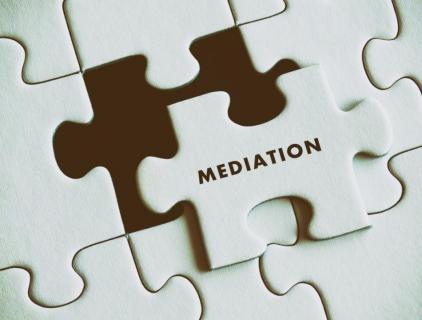Services

Mediation
Mediation appeals to parties as it offers parties full control over both the process of settling their dispute and the outcome of the process. Mediation is a non-binding procedure, which means that a decision cannot be imposed on the parties. In order to reach a settlement, the parties must voluntarily agree to it. Unlike a judge or an arbitrator, the mediator is not a decision-maker. The role of the mediator is rather to assist the parties in reaching their own terms of settlement.
Mediation is a confidential procedure. Confidentiality serves to encourage frankness and openness in the process by assuring the parties that any admissions, proposals, or offers for settlement will not have any consequences beyond the mediation process. They cannot, as a general rule, be used in subsequent litigation or arbitration
We facilitate a collaborative process.
We listen, ask thoughtful questions, and encourage creative ideas.
We help you settle your case.
The 4 Cs of Mediation
Communication
Effective communication is essential to a positive mediation experience. We carefully listen to everyone, and assist the parties in engaging in an open, honest, and goal oriented conversation.
Control
The parties keep control of their interests throughout mediation, and they lose all control when the case goes to trial. By taking full advantage of mediation, the parties can maintain control of their most important interests.
Confidentiality
Confidentiality is of upmost importance, and is absolutely necessary for the parties to effectively participate in mediation. We assure complete confidentiality to maintain the integrity of mediation.
Creativity
Mediation participants often craft creative solutions for their own problems. Because they decide what happens with their case, the participants may solve their problems in ways that a court could not because of judicial restraints.
